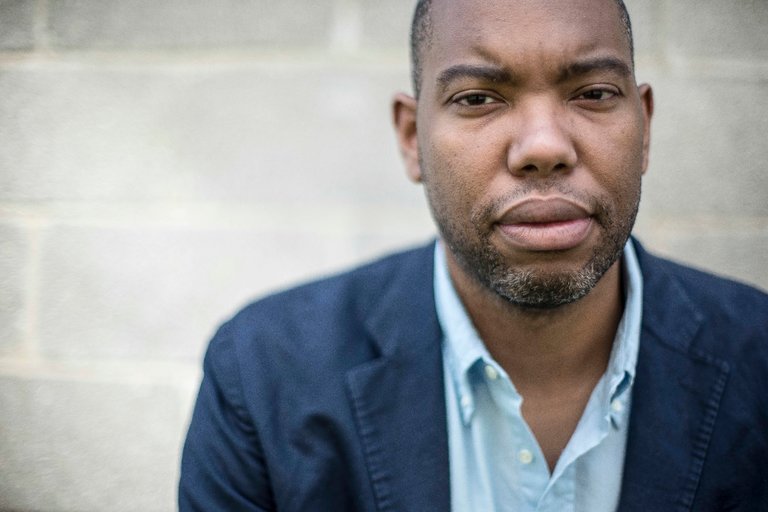In the new issue of Bookforum, Hannah Black reviews Ta-Nehisi Coates’s We Were Eight Years in Power, a collection of eight essays Coates wrote for The Atlantic between 2008 and 2017. The essays trace Coates’s initial euphoria over, and then partial disillusionment with, the Obama presidency, and Black commends Coates for seeing through the myth of a “post-racial” US that Obama was supposed to have inaugurated. But she criticizes him for treating racism as a matter of individual attitudes rather than structural oppression, and for neglecting the way that capitalism produces racial categories. Here’s an excerpt from Black’s review:
Paradoxically, it is his commitment to centrist realism and bourgeois measures of achievement that at times makes Coates read as mildly nihilistic, the mildness itself no small feat in these very nihilistic times: “The liberal notion that blacks are still, after a century of struggle, victims of pervasive discrimination is the ultimate collective buzzkill. It effectively means that African Americans must, on some level, accept that their children will be ‘less than’ until some point in the future when white racism miraculously abates.” Equally, white people of all classes and rich people of all races might experience some kind of buzzkill on contemplating the fact that all their ostensibly meritocratic achievements are based on a rigged system that is indifferent not only to the fates of individuals but also to the continuation of organized human life in general. But rather than mounting a critique of racial capitalism as such, Coates often seems preoccupied with the ways that the majority of black Americans have been shut out of the middle-class American dream of home-ownership and professional careers. Toward the close of the book, he mourns “the degradation brought about by an unrestrained capitalism,” but capitalism is inherently expansionist and its lack of restraint may well be constitutive. Of course these are matters of fierce argument, but Coates is more or less on the side of the reformist.
This only feels worth pointing out in a climate of liberal revanchism in which celebrities such as Stephen Colbert have framed Coates as exceptionally pessimistic because he is not able to produce on request a rose-tinted dream of the future out of the bitter ashes of the present. Pessimism and optimism are not intellectual matters but questions of character; readers and pundits anxiously demanding that Coates supply a positive take on the unknowable future are making a fundamentally anti-intellectual request: that he orient his analysis of society around the comfortable anticipation of posterity. But the latter cannot be a given: Our shared world is fragile and subject to happenstance. The demands made of Coates are part of the intense expectation placed on the shoulders of black writers, who are required to operate not only as writers and social critics but as prophets, priests, activists, and policymakers. Many readers are eager for black writers to devote themselves to the question of how to save the world, despite the fact that from the perspective of blackness, some of its fundamental characteristics (its current reliance on highly extractive profiteering, for example) are not worth saving.
Image of Ta-Nehisi Coates via NY Times.
